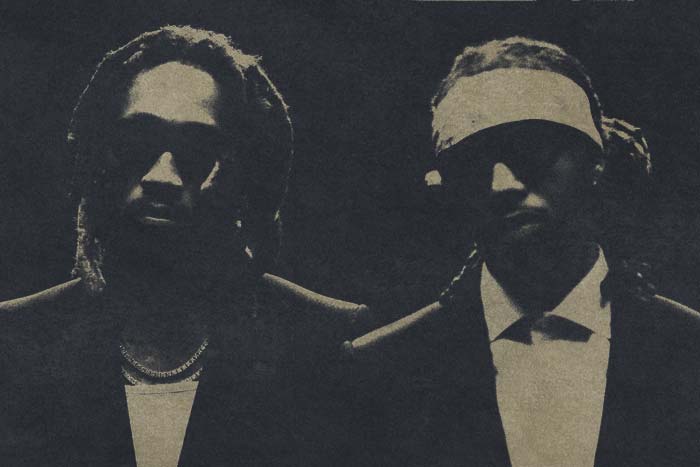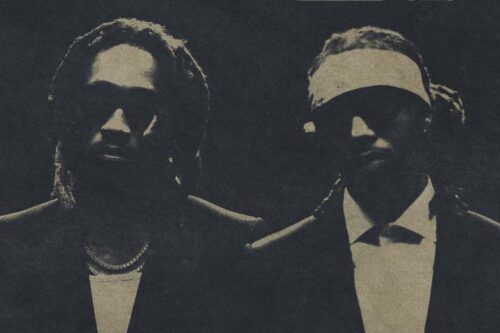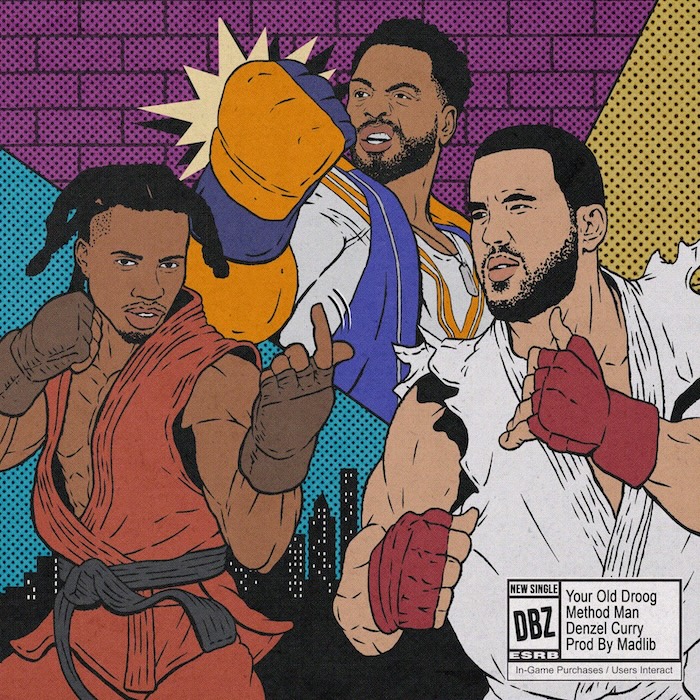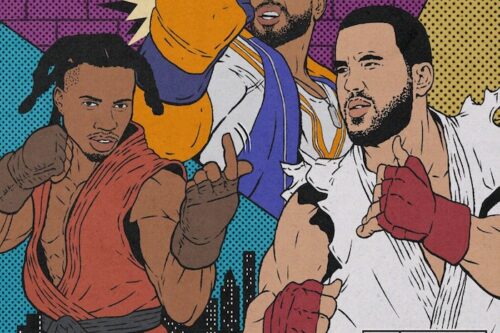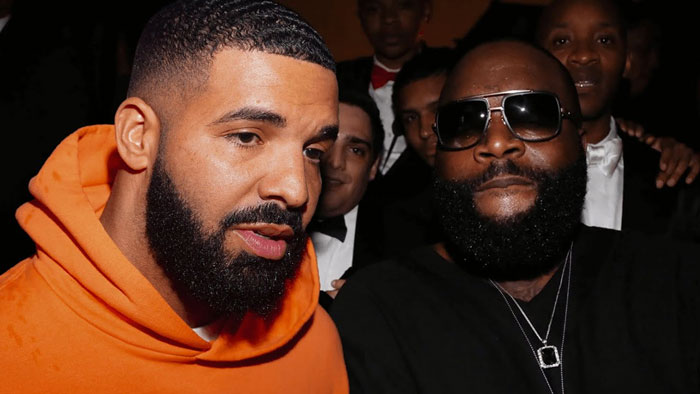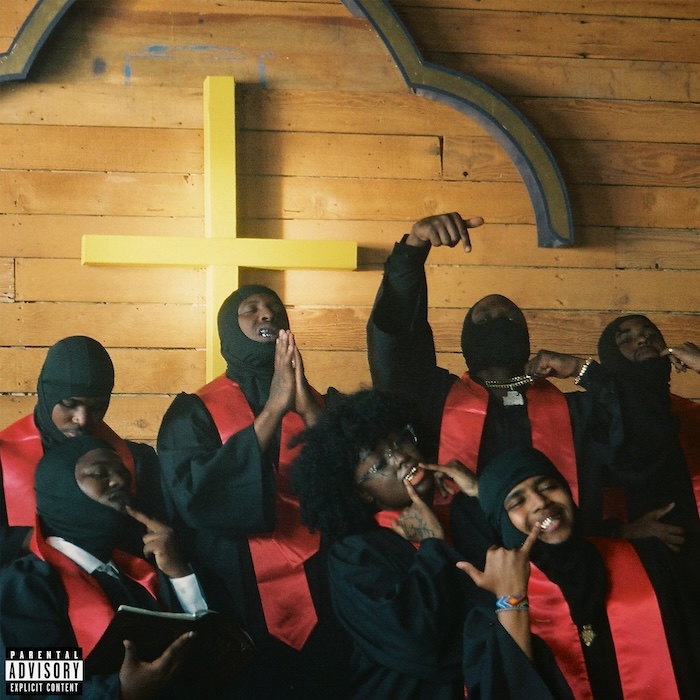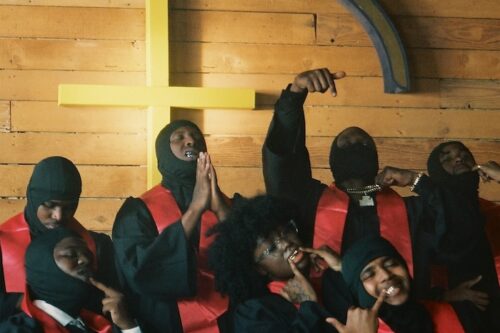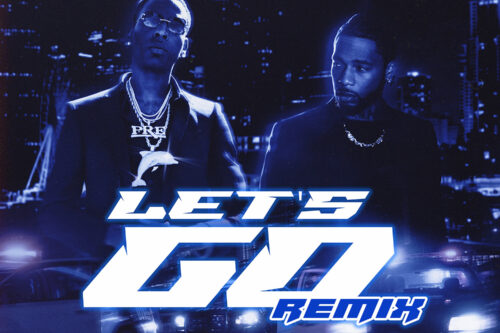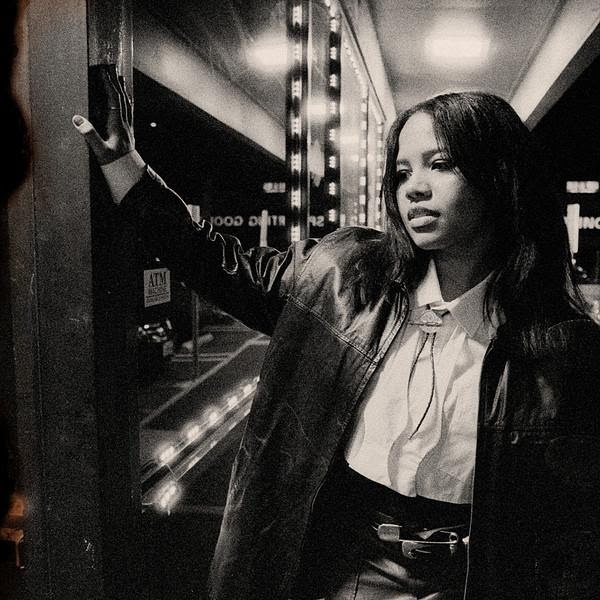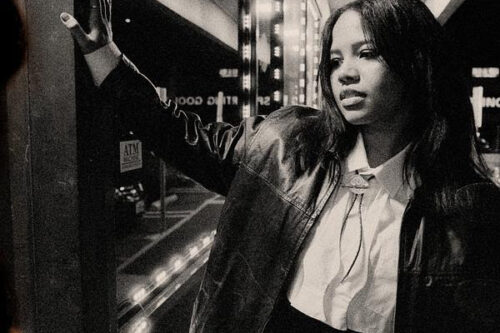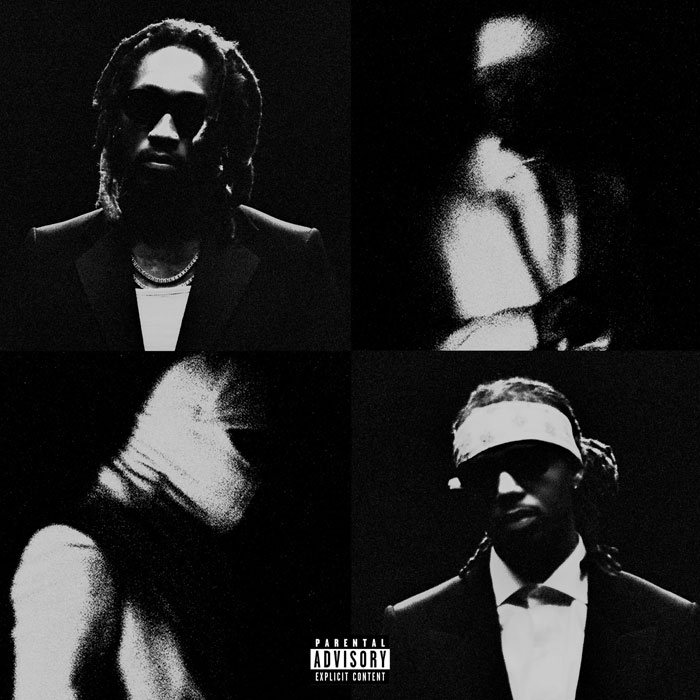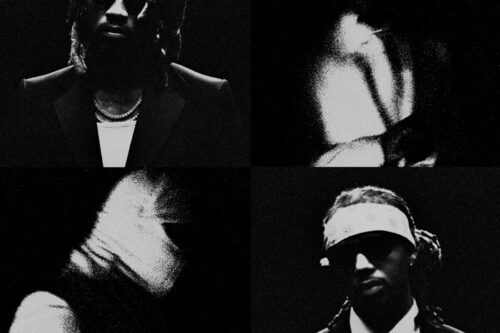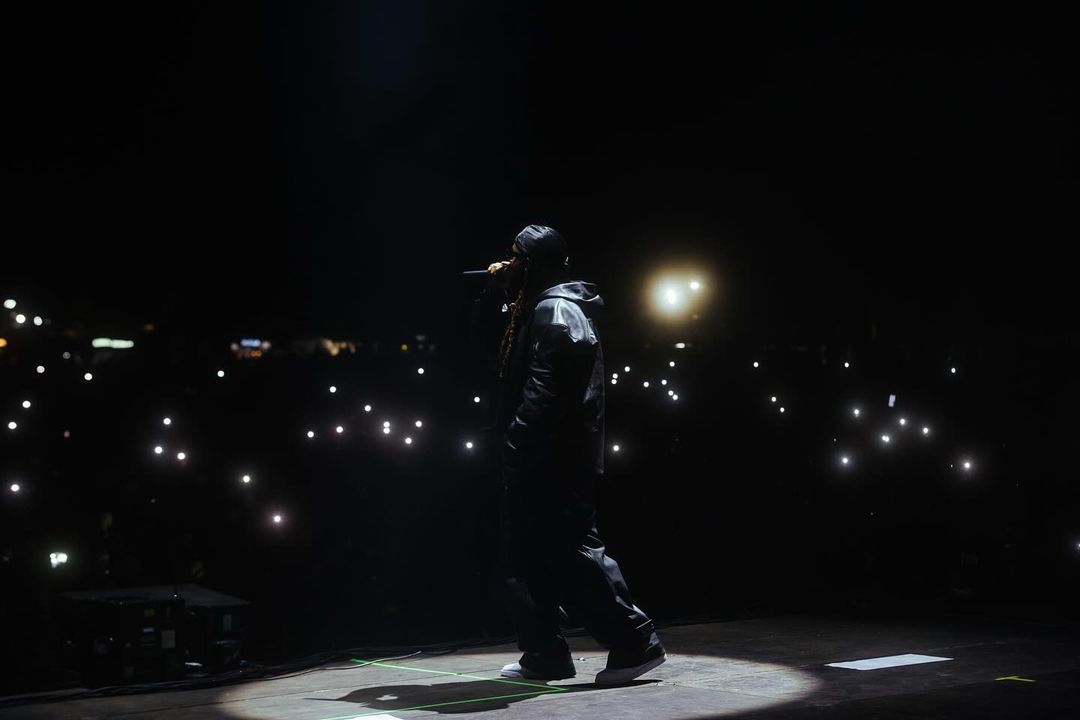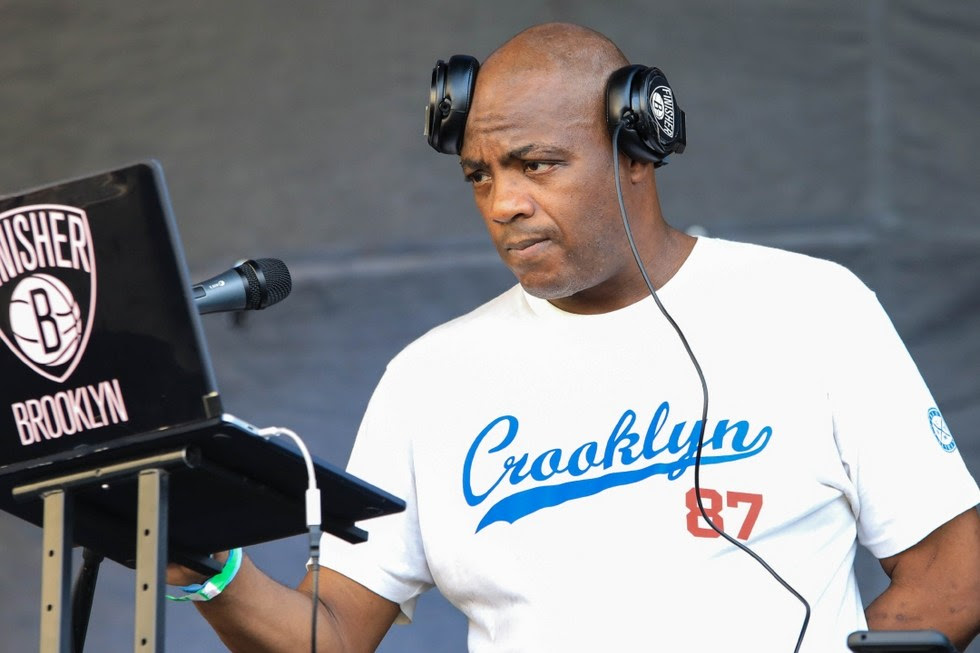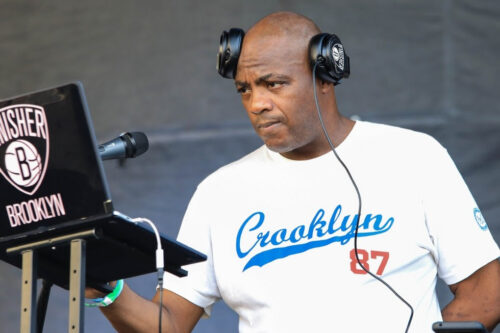
Earlier this week, I sat down to talk to Cage and Mighty Mi upon the release of Kill The Architect [Eastern Conference, 2013]. The album is the first in four years for Cage and marks the end of a feud that drove the two apart after working closely for a number of years.
Reunions are great in theory. Getting the band back together is an exciting notion. But it seldom plays out as we’d hope—they don’t sound the same, and things usually don’t feel the same. The resultant albums and tours often feel more like cheap cash-ins than artistic payoffs. They’re tired, redundant looks backward with none of the vitality that made the original works so resonant.
Kill The Architect works because it is none of those things. Long-winded biographical tales, indulgent rehashes of the rift between the two, and pining for the proverbial good old days are all mercifully absent. Instead, the album dives headlong into a world of the artists’ own construct, with little patience for outsiders who can’t or won’t keep up.
But as Cage reminds me during our conversation, “the problem with talking about art is that everything’s there…it seems like today people want things spelled out for them”. In the spirit of that, the two underground mainstays opened up about their processes, how the internet changed hip-hop, keeping Americans dumb, and more. Here’s the first of our two-part interview with Cage and Mighty Mi.
ON HOW KILL THE ARCHITECT DIFFERS FROM PREVIOUS EFFORTS
Cage: Kill The Architect is just me being selfish again. Basically, when I gave a fuck, nobody did, so now it’s time that I don’t give a fuck. It’s about me again. I took a chance and said, ‘hey, let’s try something different here’. I don’t think that I’m a one-note dude. I don’t think that I can only do one thing.  I think that it was more about the ideas and whatever vehicle it was, rap, film, even the music videos, it’s just about constantly creating.
I think that it was more about the ideas and whatever vehicle it was, rap, film, even the music videos, it’s just about constantly creating.
Mighty Mi: I feel like when Cage and I did [2002’s Movies For The Blind], we did feel pressure in regard to ‘should this be the single?’, you know, that kind of stuff. I remember that guy Rush, he was hot at the time. He had done that 50 Cent-Tupac song, and he was like this guy who Stretch Armstrong had. And the song was hot but we were like “oh maybe that should be the single”. There was that mind state back then, but there’s none of that now. When Cage and I talk about what should be the single it’s just what we personally like together, not if people will think it’s too slow or whatever.
[Ed. Note: Rush, under his more commonly known moniker Red Spyda, produced “Realest Killas” from the Tupac: Resurrection soundtrack. Oddly enough, he would go on to pair Mr. Jackson with Biggie on “Realest Niggas” from the soundtrack for Bad Boys II.]
Cage: Hell’s Winter was about the idea that I wanted to get off drugs, so I made this record that was about ‘hey, I’m changing my life because I’m getting off drugs’, all the while doing drugs. Never stopping doing drugs, and people were saying ‘get back on drugs again!’ And I was like…I’ve never gone off drugs. [Laughter]
[I would ask myself] ‘how can I inject emotion into this song without making it a bummer because the subject matter is emotional?’ ‘How can I make a sad song danceable?’ Because that’s how I feel. I’m emotionally burnt out, be it from angel dust or my childhood, and I try to give that to people. It’s funny because I feel like I made music that was about my life, and some people liked it–that’s a dream come through right there. I started to feel like I wanted to make songs that make people feel something. I don’t ever feel anything when I listen to rap songs, for the most part. That was what Depart From Me was about. I wanted to try to make a record that people could relate to. Maybe you wouldn’t go kill yourself; go listen to this record.
But then, I felt like in a lot of regards I was chased out of town like I was fucking Frankenstein for making that record. People don’t want to feel that way. ‘Fuck you, make that fucking mindless that dumb shit.’ Nobody wanted to hear that [more meaningful] music. I’m thinking maybe there’s something else, guys—but I got ‘shut up , faggot!’ [Laughter]
In a lot of regards this is my getting-back-on-the-bike album. During the break I was struggling with whether or not I even wanted to make music anymore, just because of the climate. I would always make music, I was just curious as to whether or not I wanted to release it to the public anymore.
I feel like it’s a really visual record. I injected some of the shit from all the records. It wasn’t so much that I went back and borrowed from my own work—it’s all in my head, but when I made records I would close off certain channels, so to speak. Like, when I went to Def Jux, the idea in my head was ‘I’m not going to degrade women on this record’. There were a bunch of roadblocks. ‘I’m not going to write like this, I’m not going to write like this.’ This record, I just had no blocks. I’m going to say whatever I want. I don’t care if someone who started listening to me at Depart From Me goes ‘oh my god, why would you make a song like this?’ It’s putting out whatever we want to do. Making a song about something most people aren’t even familiar with—hey, that sounds great. Most people aren’t going to do that, especially in rap music.
ON STAYING CURRENT WITH HIP HOP
Mighty Mi: Well, you know, I live in Las Vegas and I still DJ, like, three or four times a week. So I’m still active on what’s going on and stuff. And Ialways was a club DJ even when we were putting out High & Mighty and that stuff, so I always had that side of me that was kind of current with what’s going on.
I’m in the clubs and I hear Tyga and all these artists and they’re like “potty mouth emcees, everything’s about pussy” and everything’s about…’fucking a bitch’ the right way and I’m like…we were doing this shit ten years ago.
Cage: Musically it’s okay, I like stuff musically. But I’m not 15, dealing with issues that a 15-year-old would deal with. I listen to stuff and I can see why it cuts through and why a kid would think it’s amazing. But it’s just a different time. I like a lot of stuff, but I don’t know if there’s anything I’d point out and go ‘yeah, that’s amazing’. But I also don’t think that my mind state’s there anymore, I don’t think that music affects me the same way that it would affect me when I was a child. Especially once the business part gets involved, because that’s the part that breaks you down, the part that turns you into the lion at the zoo, you see the broken animal. He used to be running around killing.

